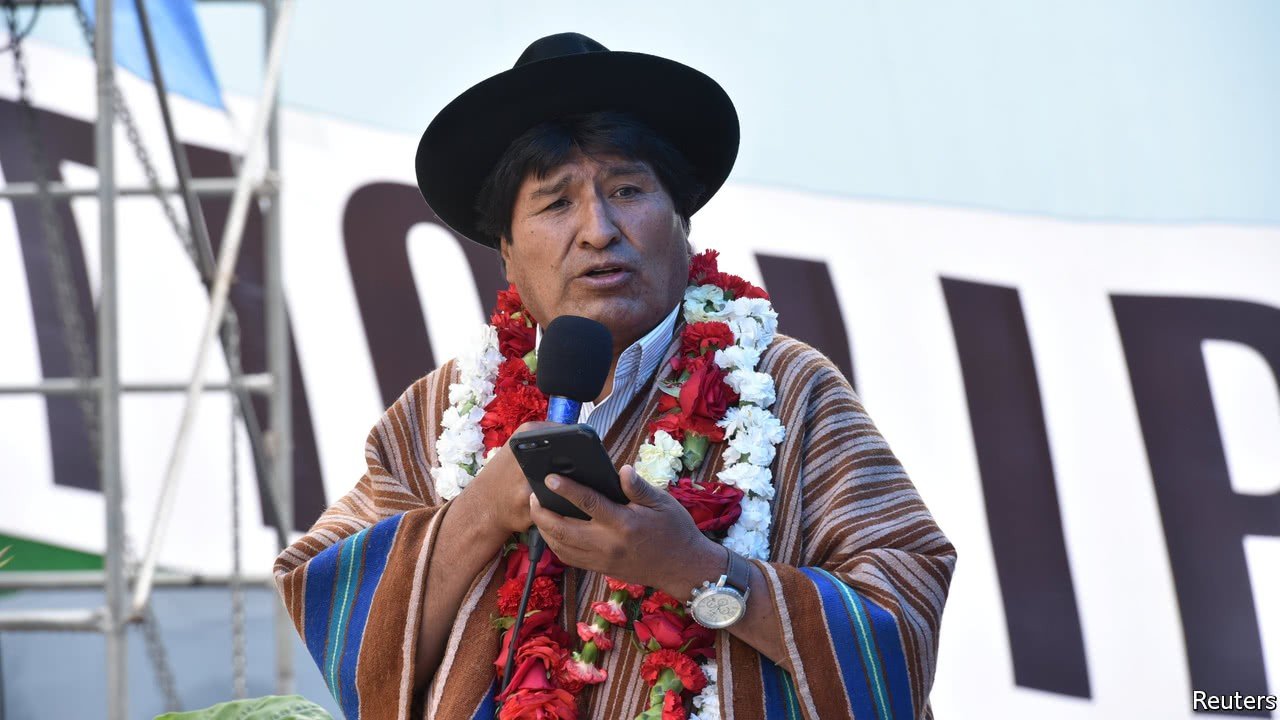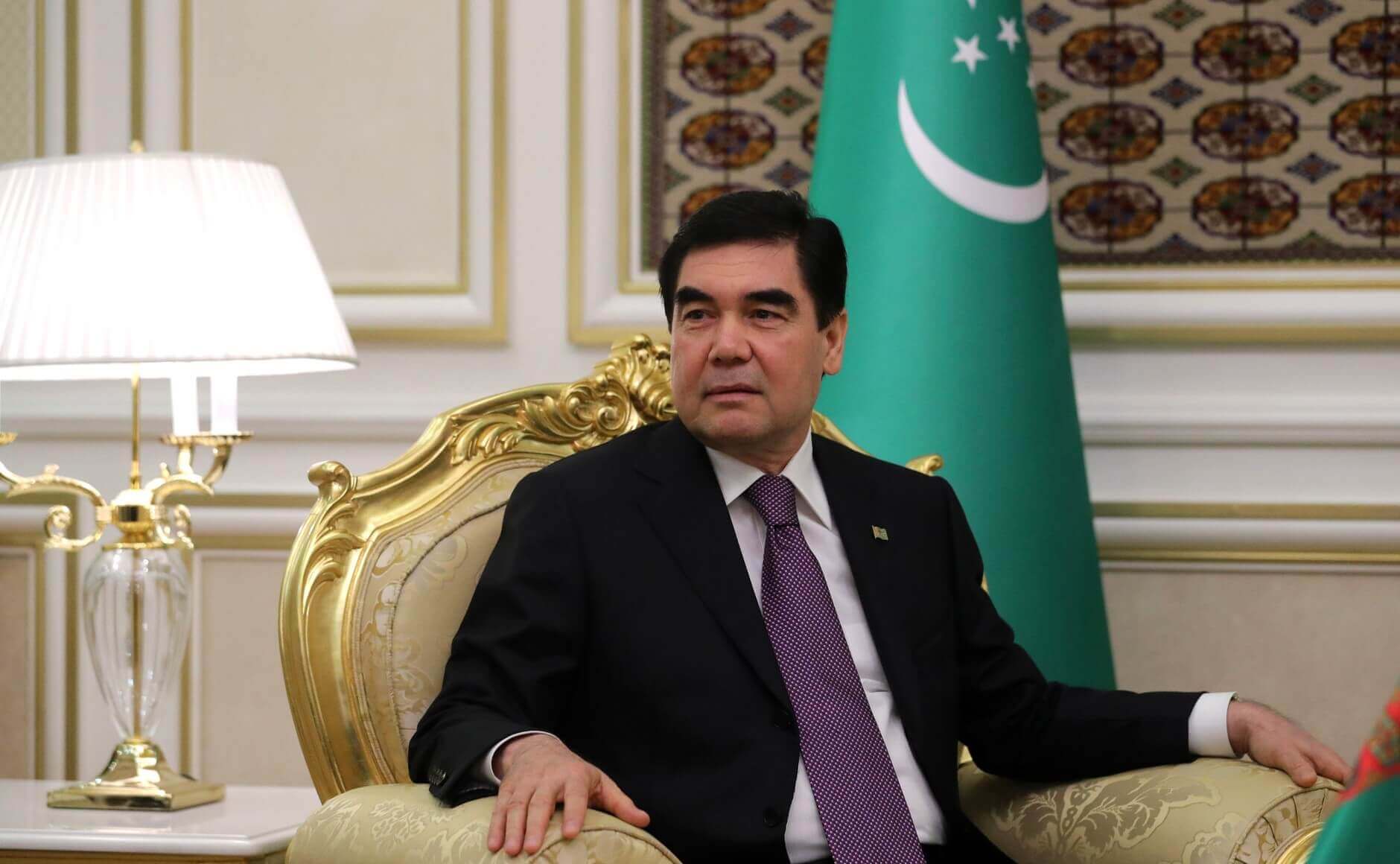South Asia
Several envoys from the six Gulf Cooperation Council countries met with the Taliban’s Foreign Minister, Amir Khan Muttaqi, in Doha. During the meeting, they stressed on the importance of women’s rights and freedoms. [Al Jazeera]
Following a meeting in Melbourne between the Quad’s foreign ministers, the White House released a statement saying that India is “a driving force” in the Indo-Pacific. Principal Deputy Press Secretary Karine Jean-Pierre also lauded India as a “leader in South Asia and the Indian Ocean.” [Indian Express]
Central Asia and the Caucasus
Turkmen President Gurbanguly Berdimuhamedov’s son, Serdar, was nominated as a presidential candidate on Monday, hours after the Central Election Commission announced that early elections will be held in March. Last week, Berdimuhamedov hinted that he planned to resign and transfer power to his son. [RFE/RL]
Armenian Defence Minister Suren Papikyan met with Toivo Klaar, the European Union’s (EU) Special Representative for the South Caucasus, in Yerevan on Monday. Klaar stressed that the EU is ready to assist Armenia to settle its conflict with Azerbaijan and promote negotiations. He also noted that the EU will continue to work towards securing the release of all Armenian prisoners of war. [Armen Press]
East and Southeast Asia
An International Atomic Energy Agency task force began its review of the controversial planned release of treated wastewater from the Fukushima nuclear plant into the ocean on Monday. Storage space is running out at the dilapidated plant, as more than a million tonnes of processed water have accumulated in its tanks since the 2011 meltdown. [Channel News Asia]
Cambodia is set to open its new National Internet Gateway. United Nations rights experts warn that the gateway, which will direct the country’s entire web traffic through a state-controlled entry point from Wednesday, will be “devastating” for privacy and free speech. [The Straits Times]
Europe
On Monday, the G7 finance ministers expressed concern over Russia’s military build-up near Ukraine and underscored their willingness to aid the Ukrainian economy and support efforts towards de-escalation. The joint statement read, “We are united in our resolve to protect the sovereignty, territorial integrity as well as economic and financial stability of Ukraine.” Additionally, the ministers also warned Russia of a swift and forceful response in case of further military aggression against Ukraine. [Federal Ministry of Finance, Germany]
On Monday, Polish President Andrzej Duda merged his recent reform proposal with another parliamentarian’s draft. It is believed that these judicial reforms have been made to meet European Union’s requirements on rule of law and allow Poland to gain access to the bloc’s COVID-19 recovery funds. [The Warsaw Voice]
After a telephonic conversation between American President Joe Biden and British Prime Minister Boris Johnson, the United Kingdom emphasised that there remains a “crucial window for diplomacy” in the Russia-Ukraine conflict. Further, the statement also called upon Russia to “step back from its threats towards Ukraine.” [Reuters]
Latin America and the Caribbean
Brazilian President Jair Bolsonaro landed in Moscow on Monday and will meet with Russian President Vladimir Putin today. His visit comes against the backdrop of an increasingly volatile situation at the Russia-Ukraine border and was met with opposition by the United States and even members of his own cabinet. Keeping this in mind, Bolsonaro has stressed that the motives for his trip are purely trade related and that “If the Ukraine issue is on the table, it will be by Putin’s decision.” [MercoPress]
International Criminal Court Chief Prosecutor Karim Khan has rejected a request made by the Bolivian government in 2020 to open a full investigation into former President Evo Morales and his supporters for crimes against humanity during the COVID-19 pandemic. The request was submitted by the previous interim government of the now-jailed right-wing Senator Jeanine Áñez, who came to power following a coup to depose Morales in November 2019 and was in office until November 2020. Morales was alleged to have indulged in "systematic and organized attacks on the Bolivian population" that hindered their access to vital health supplies and services. [Associated Press]

Middle East and North Africa (MENA)
Turkish President Recep Tayyip Erdoğan visited the United Arab Emirates (UAE) on Monday and met with Abu Dhabi’s Crown Prince Mohammed bin Zayed. The two countries inked 13 agreements, including in the fields of economy, industry, technology, climate change, and communication. The trip was Erdoğan’s first visit to the Emirates since 2013 and signalled an effort to improve ties, which have been strained for years. [Anadolu Agency]
Jordan has announced that it will start exporting electricity to crisis-hit Lebanon in March after a funding agreement between the World Bank, Jordan, and Syria. The deal, which is backed by the United States, will transfer power from Jordan to Lebanon via Syria. [Reuters]
North America
On Monday a former United States (US) Navy engineer who worked on nuclear technology pleaded guilty to espionage charges during a court hearing. Last October, Jonathan Toebbe, 43, and his wife Diana Toebbe were arrested by the Federal Bureau of Investigation (FBI) for conspiring to sell “restricted data” on US submarines, particularly its nuclear propulsion systems to another country. Jonathan Toebbe now faces a prison sentence of 12-17.5 years. [The Washington Post]
The American branch of the France-based accounting firm Mazars cut its decade-long ties with former United States (US) President Donald Trump’s business ‘Trump Organisation’ over unreliable financial statements. A lawyer for Mazars said Trump Organisation’s financial records between 2011-2020 “should no longer be relied upon” following an internal investigation by the accounting firm. The move comes amid the New York state Attorney General’s probe into the business practises of the Trump Organisation, which Trump has accused of being politically motivated. [NPR]
Oceania
On Tuesday, the United Nations Pacific Office urged the international community to continue sending aid to Tonga following the January 15 volcanic eruption. According to the World Bank, volcanic eruption, tsunami, and ashfall caused damages worth $90.4 million. Last month, the eruption of an underwater volcano sent tsunami waves across the Pacific coast and covered the island nation with fumes, cutting internet and communication. [RNZ]
On Tuesday, New Zealand’s Prime Minister, Jacinda Ardern, said she would travel to the United States in May to discuss trade opportunities. Ardern said, “New Zealand is in demand internationally. A priority for our international engagement is to focus on trade opportunities that accelerate our recovery raise New Zealand’s profile in key export markets.” [Government of New Zealand]
Sub-Saharan Africa
After months of deliberation, the Democratic Republic of Congo (DRC) is set to be inducted into the currently six-member East African Community (EAC) later this month following recent negotiations in Nairobi. EAC member states are attracted by the possibility of the DRC acting as a critical “strategic security partner” in the region. Furthermore, it is estimated that the region’s GDP could increase by $50 billion as a result of the DRC’s inclusion in the EAC. [The Citizen]
In an interview with The East African, African Development Bank President Akinwumi Adesina outlined the five key goals of the bank: “to light and power Africa, to feed Africa, to integrate Africa, to industrialise Africa, and to improve the quality of life of the people of Africa.” He also spoke of the need to: strengthen the continent’s healthcare infrastructure, rebuild conflict-ridden areas, and increase free trade. [The East African]

